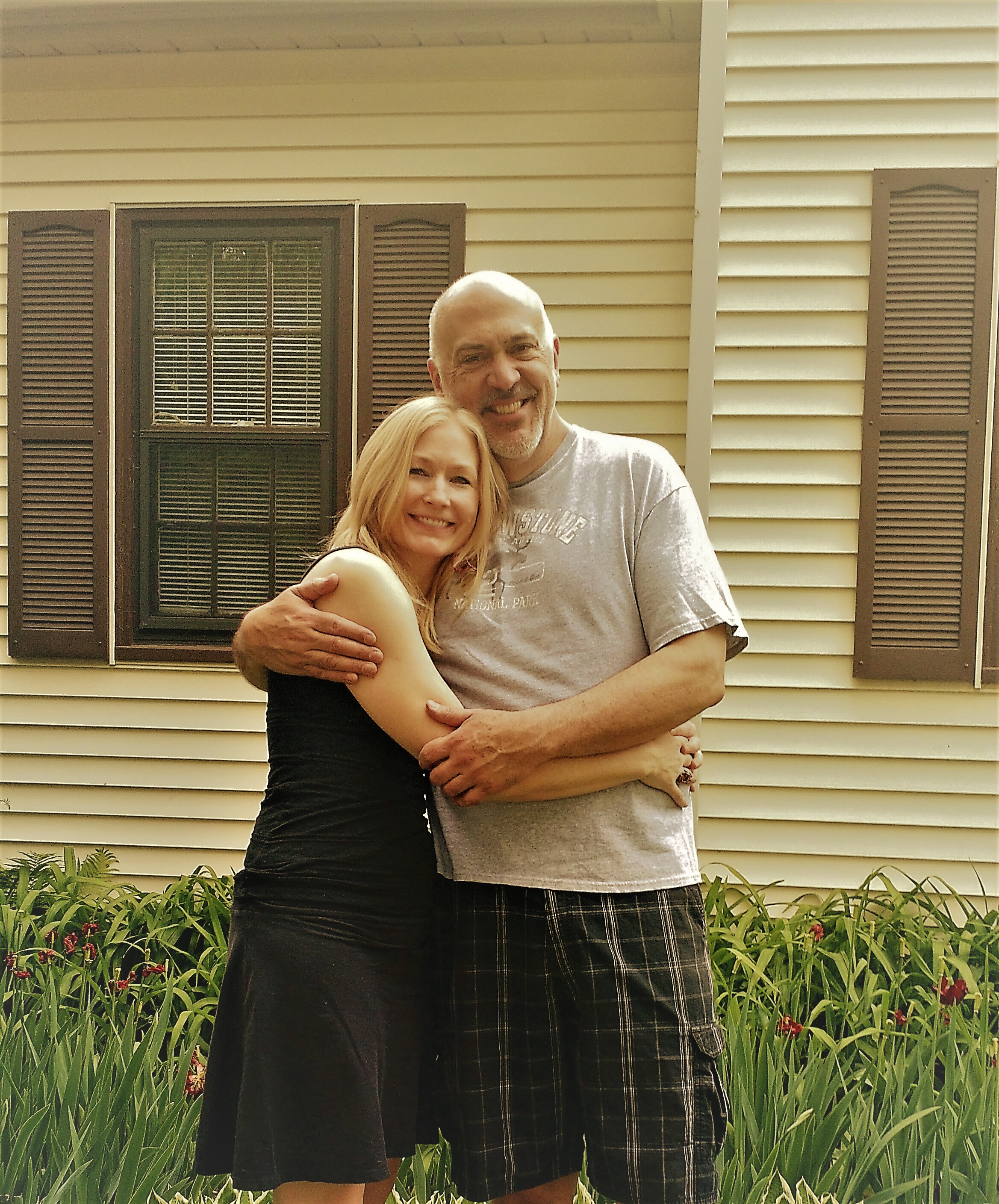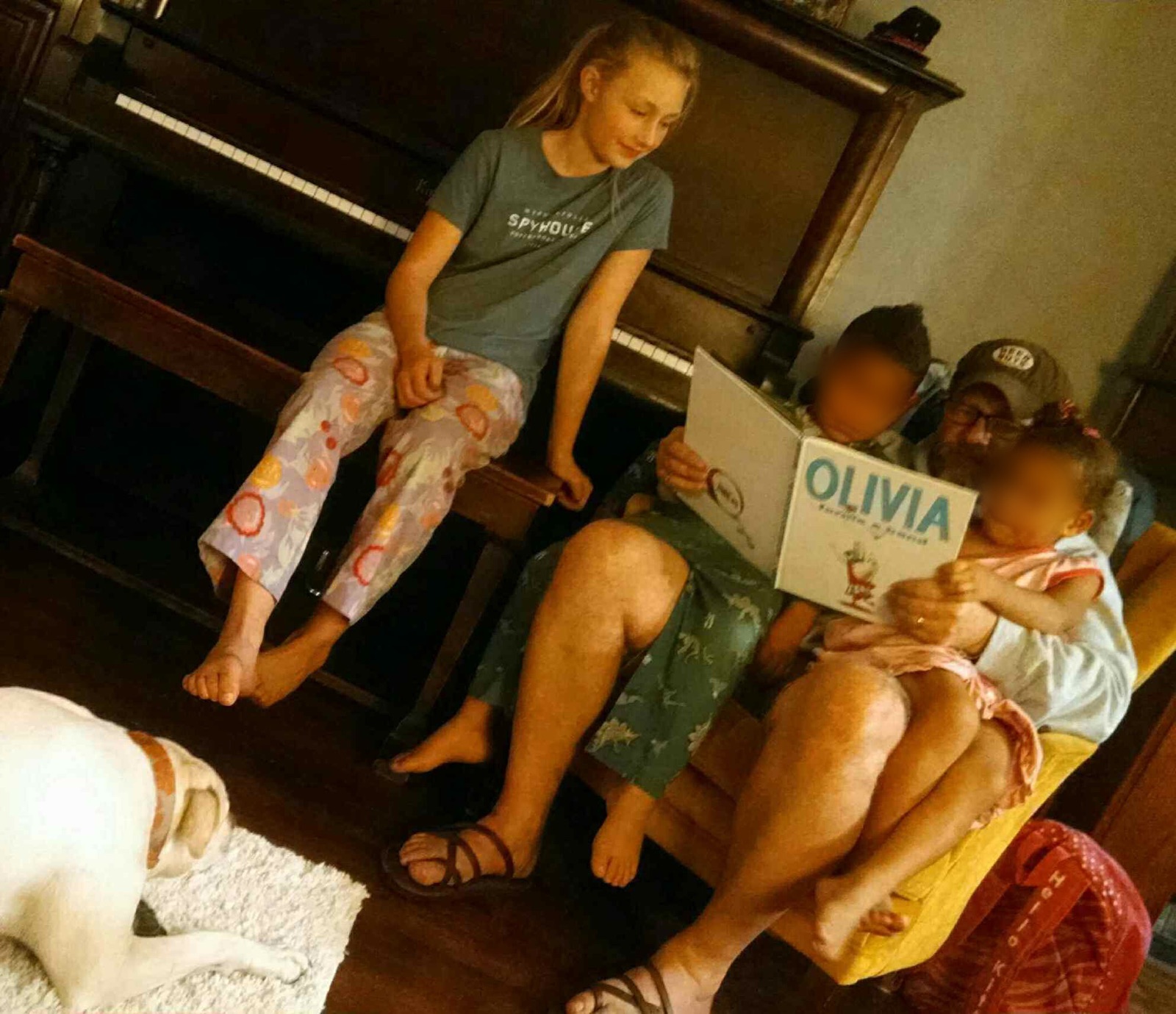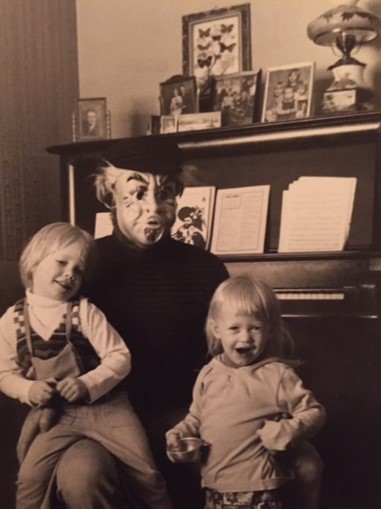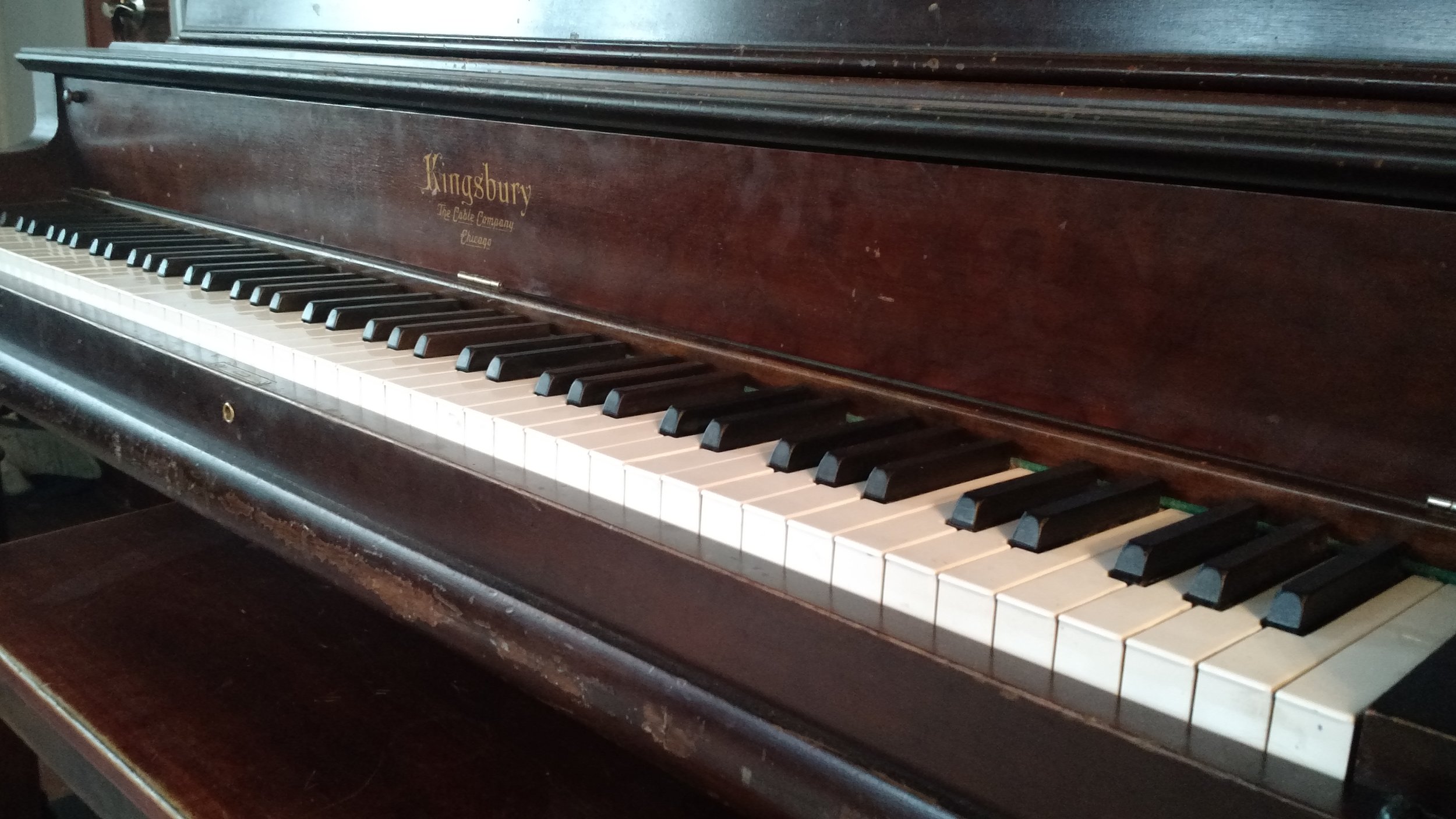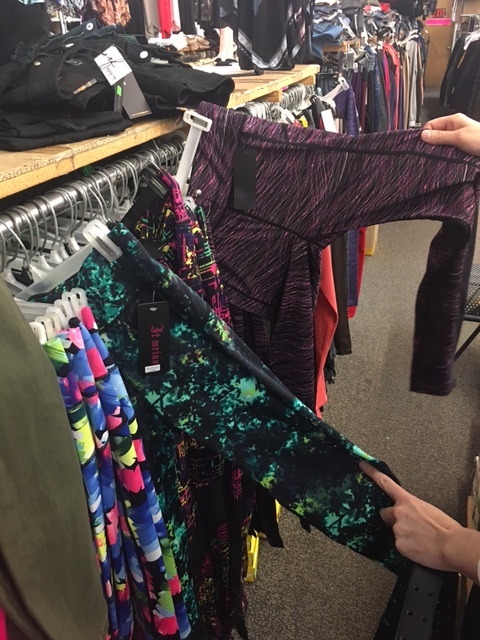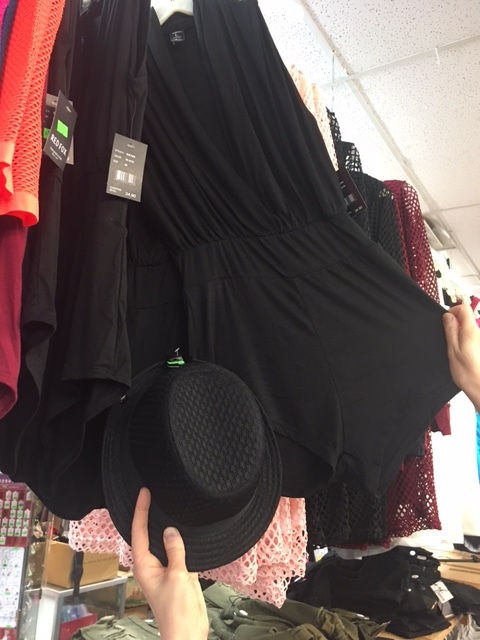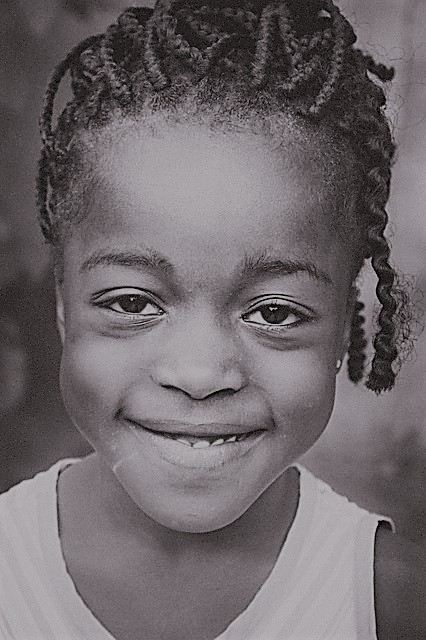Nine-year-old Jenny wandered through the church bookstore, her eyes wide. So many shelves brimming with shiny new titles. Walking down one aisle, she dragged a finger along the books’ spines. What stories hid behind those covers? A trip to the bookstore was a grand adventure each time she visited Grandma and Grandpa’s huge church in northern Kentucky—so different from her small church back home in Ohio.
From the front of the store, Grandma beckoned to her. “Time to go, honey.”
Jenny headed toward the door, but what was that? Her gaze landed on a rack with a sign planted on top: Free! She couldn’t leave without taking a peek. Grandma nodded, and Jenny flipped through the rack’s magazines, anticipation mounting. A publication for children caught her eye. She slid it from its holder.
During the ride home, Jenny leafed through her new magazine. On the last page was an ad for pen pals. Columns of names and ages of kids—along with their addresses—lined up like the orphans in Annie, waiting to be picked. The name of a girl her age called out to her. What a unique name! And the girl’s address was different from all the other kids’. It contained only the town, state, and zip code. Where was her house number? Or street name? Who lived on an unnamed street, in an unnumbered house? Who was this girl?
At home, Jenny pulled out a pen and paper and scrawled her first letter to the girl, her new friend.
My name is Jenny Bird. Will you be my pen pal?
I stood in a checkout lane at Aldi. Why had I decided a grocery run would be a good idea at five o’clock in the afternoon? Several people lined up ahead of me, the conveyor belt loaded with their food. A customer at the front struggled with the card reader, swiping several times. This could take a while.
My cell phone pinged. A private message on Facebook.
Hi, Tamara. Don’t know if you remember me. I’m Jenny Bird, your elementary school pen pal. Last night you came to mind, so I thought I’d see if I could find you on Facebook. I think I did.
Jenny Bird.
I had thought of her over the years and had searched Facebook once with no success. But here she was—Jenny Peters now—looking for me. My heart squeezed. When it was my turn in line, I put my body on autopilot to unload the groceries while I left 2017 and traveled back to 1979, the year Jenny and I began our written friendship.
Jenny had chosen me, and I had loved her from the get-go. Over the years, we swapped pictures, described our families, and compared notes about school. On a family road trip in 1987, I persuaded Mom and Dad to stop in New Richmond, Ohio, so I could see her for the first time. Our families met and shared a meal on our journey to the east coast.
Sometime around our 1988 high school graduations, Jenny and I lost each other. College, marriage, and life intercepted our letters. Her name floated to me now and then when I sifted through the past, but the present was needy, demanding my full attention.
When I got home from the store, the groceries flew into the cupboards on their own—or I had someone else put them away; I was only thinking of Jenny.
She had chosen me once and found me again.
I sat at the computer, my stomach swirling with the same excitement as when I curled up with my box of Current stationery and a pen to write to Jenny in my childhood bedroom in the house in Middle River—the town so small no house numbers or street names were needed.
How has life been for you? I typed, then shook my head. Ridiculous. Like asking for a one-ounce sample of the ocean.
No long waits for letters anymore; our emails zipped between Minneapolis and a suburb of Cincinnati. Jenny’s messages came to me on Saturdays—the day she had time to sit and write.
I love my Saturday mornings spent with you, she’d say. Then she invited me into the big and small things of her life again, just like before.
And I invited her into mine.
*Miss an installment of the blog? Or want to catch the story from the beginning? Visit http://www.tamarajorell.com/blog-entries-by-date
*Names in this blog have been changed to protect my family, neighbors, and friends in the neighborhood, and in a nod of appreciation to the beloved Swedish author Maj Lindman, I’ve renamed my three blondies Flicka, Ricka, and Dicka.




